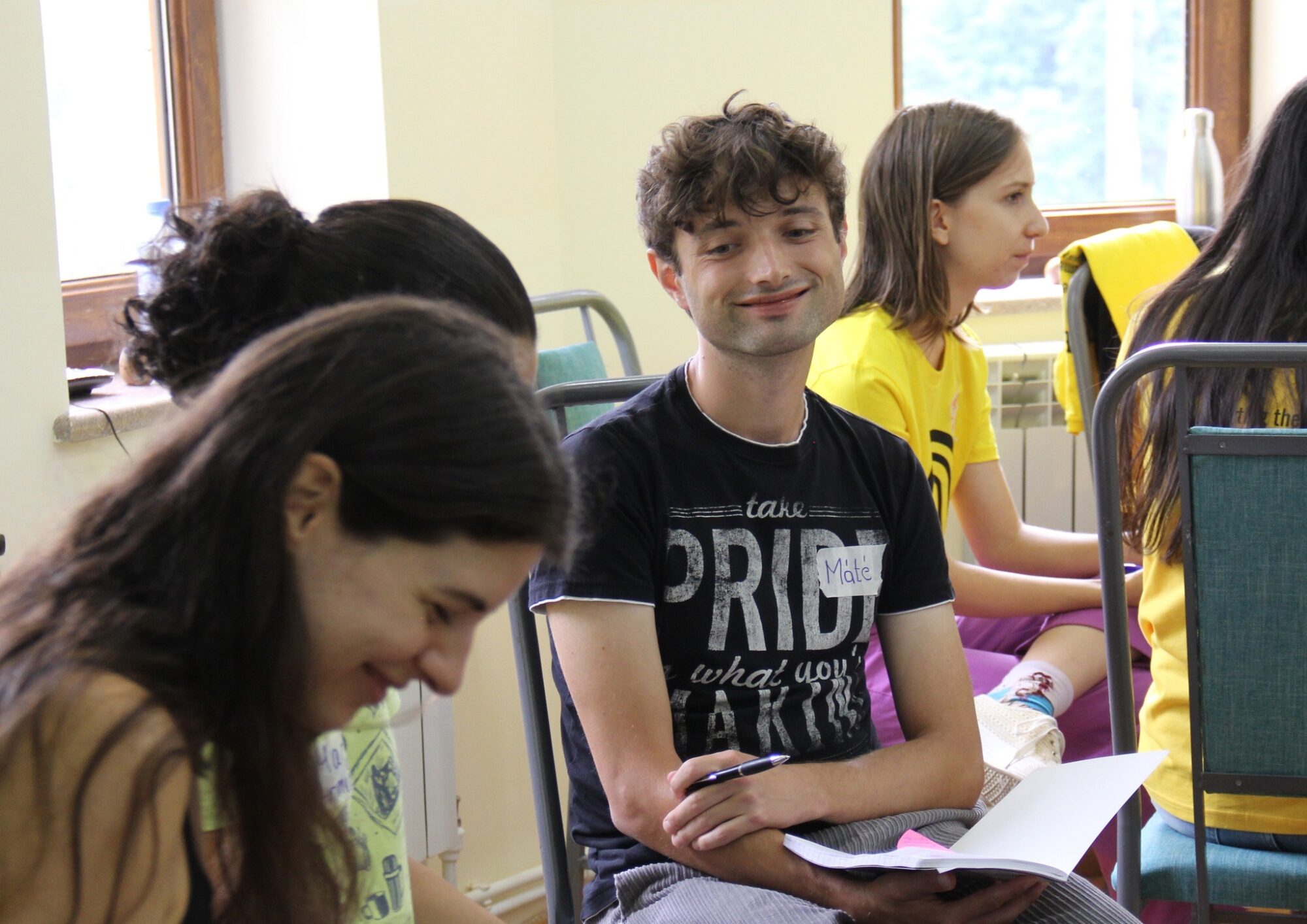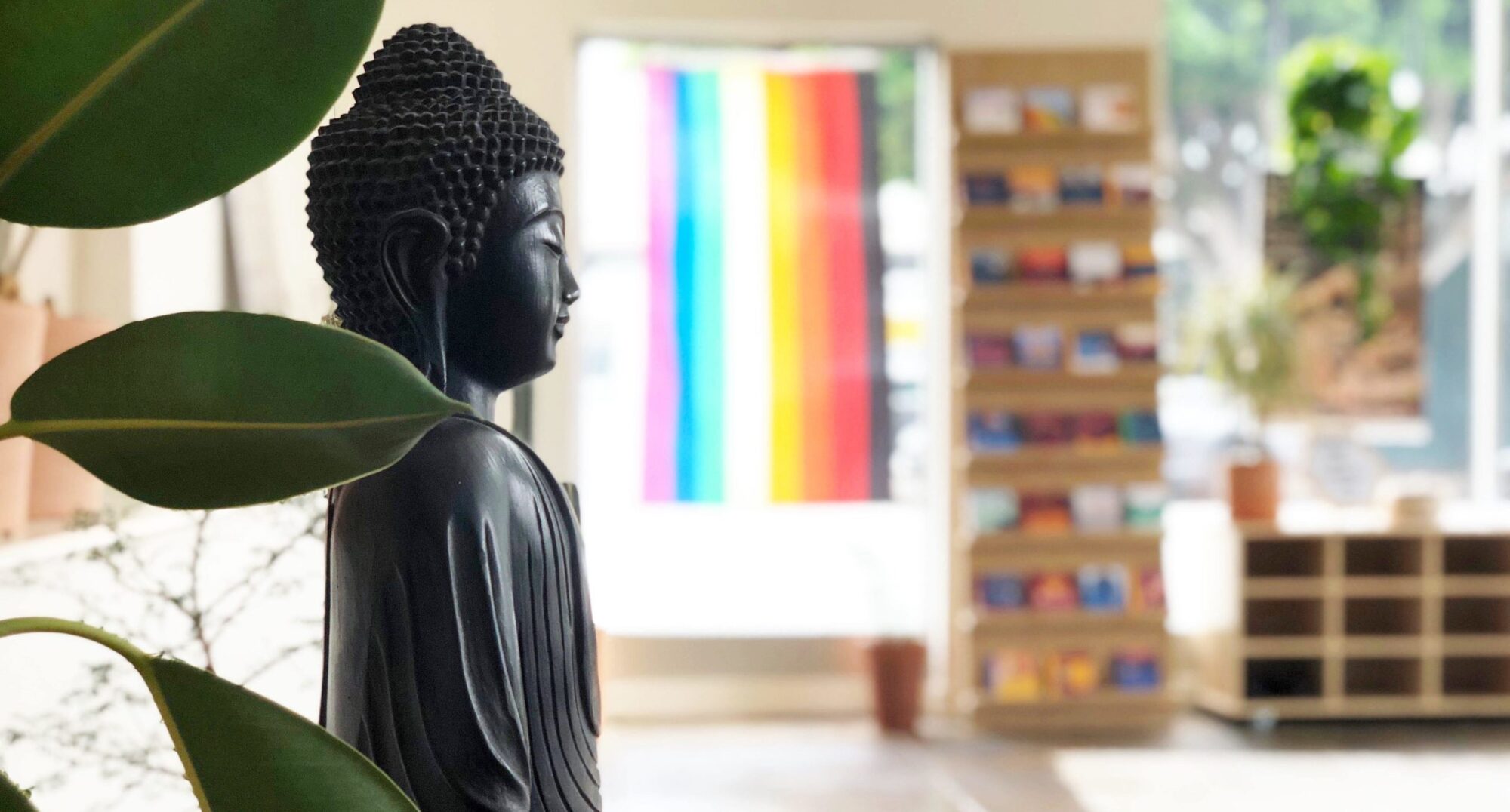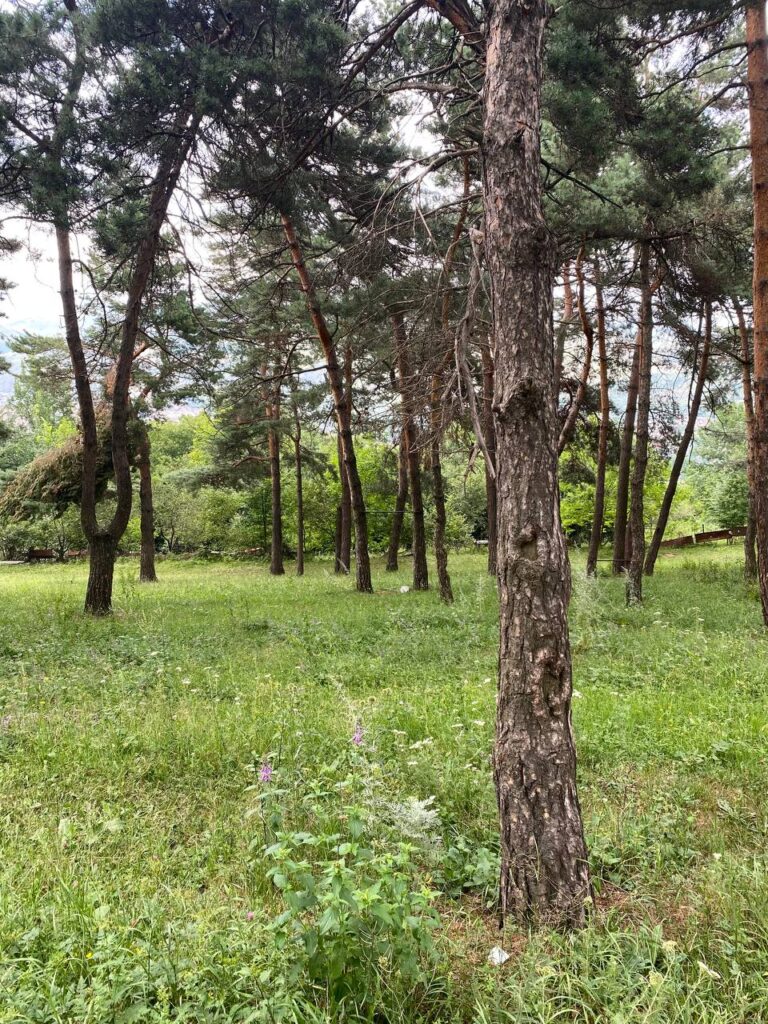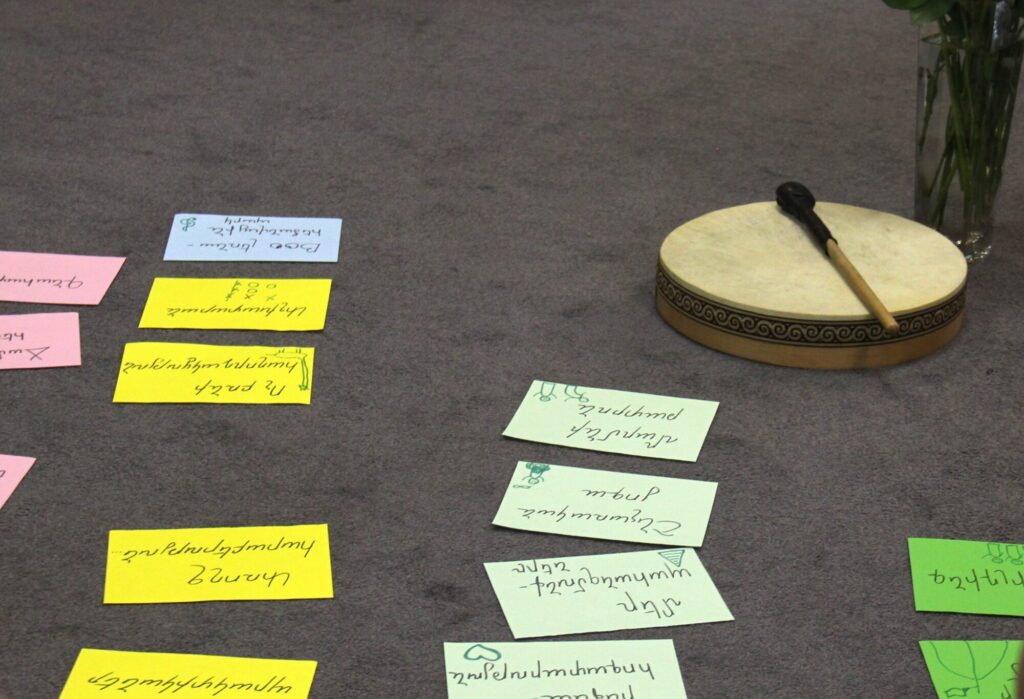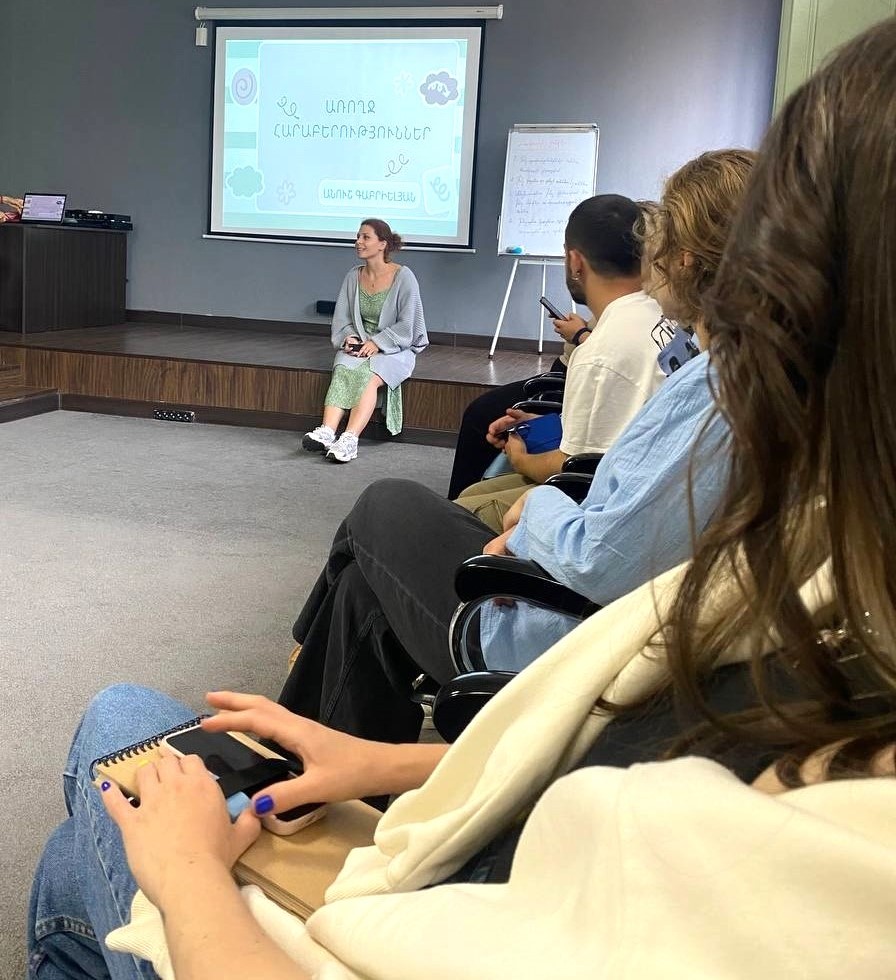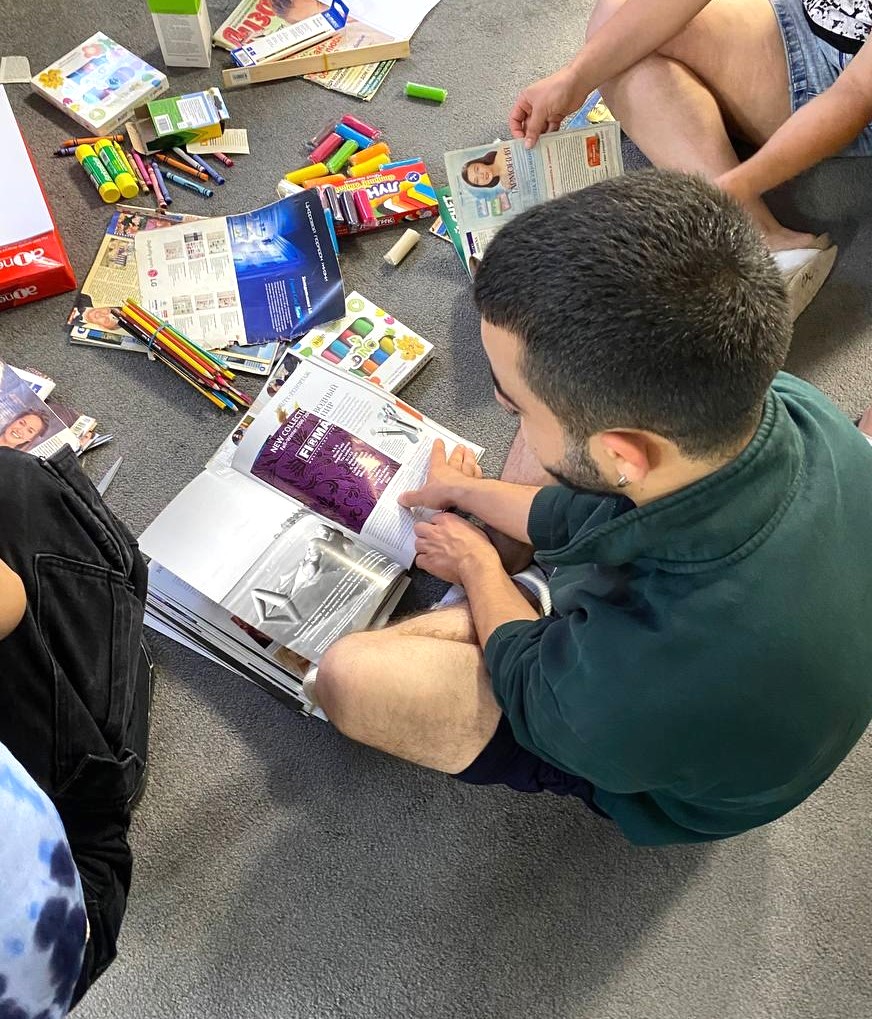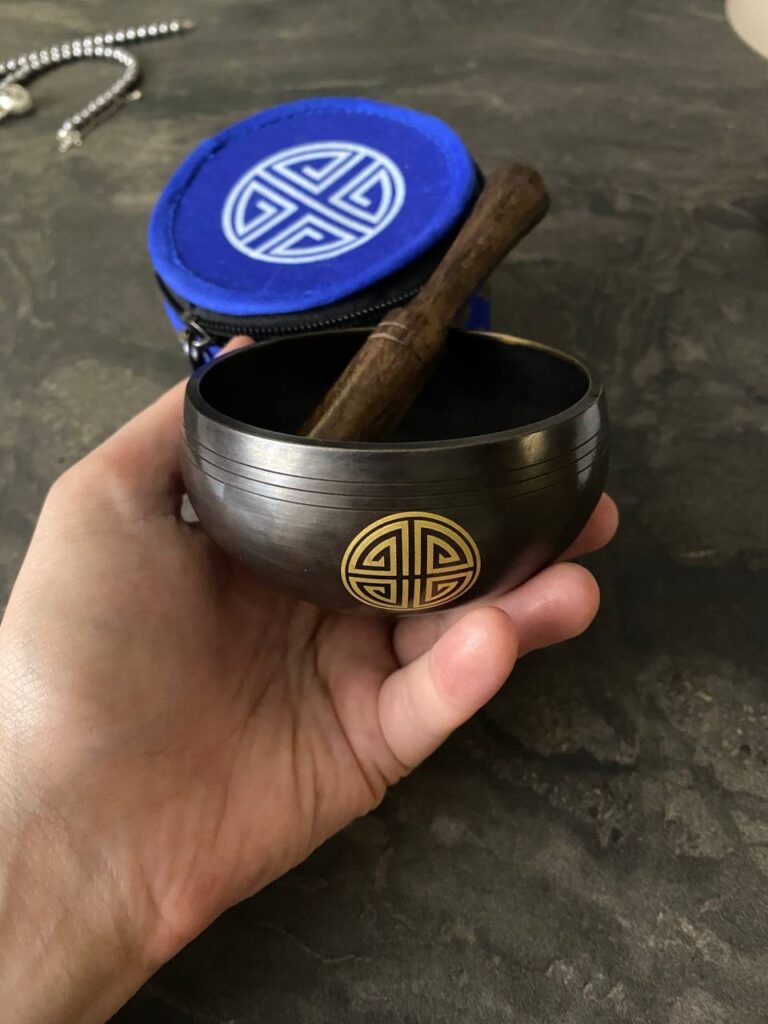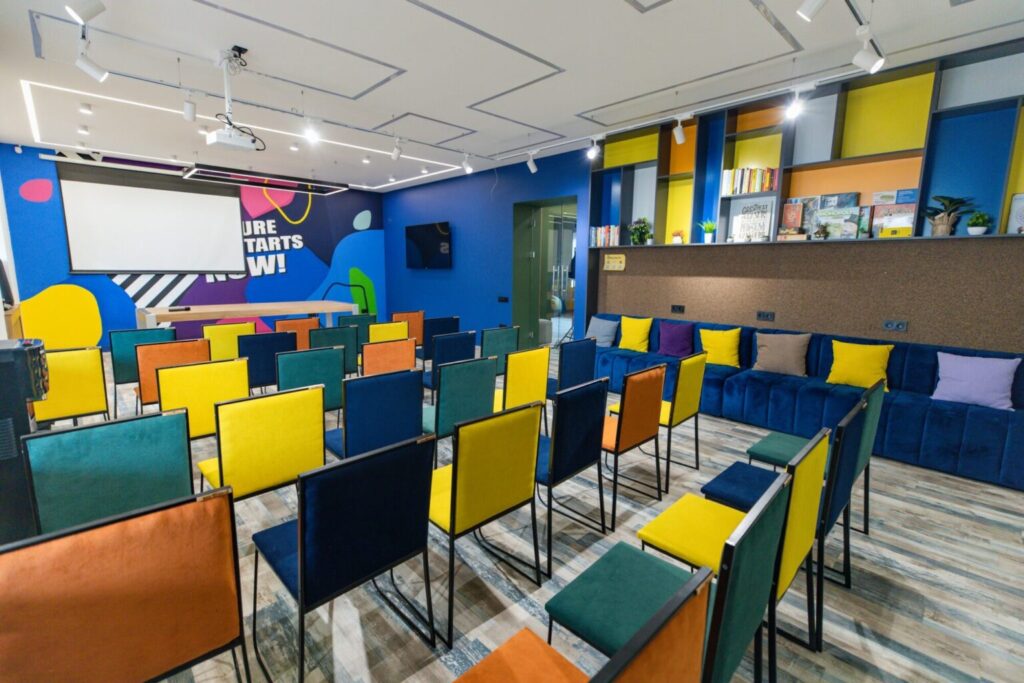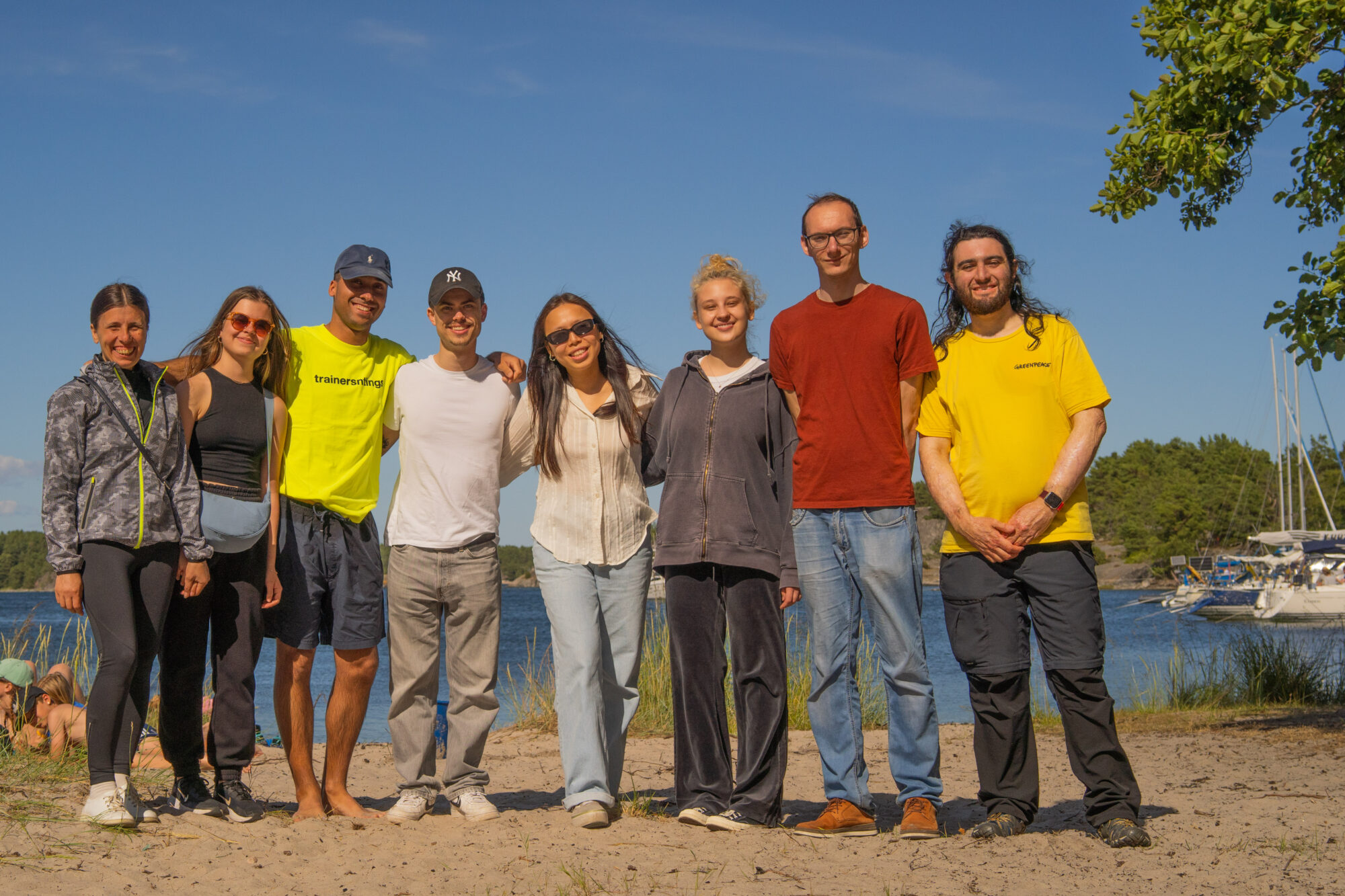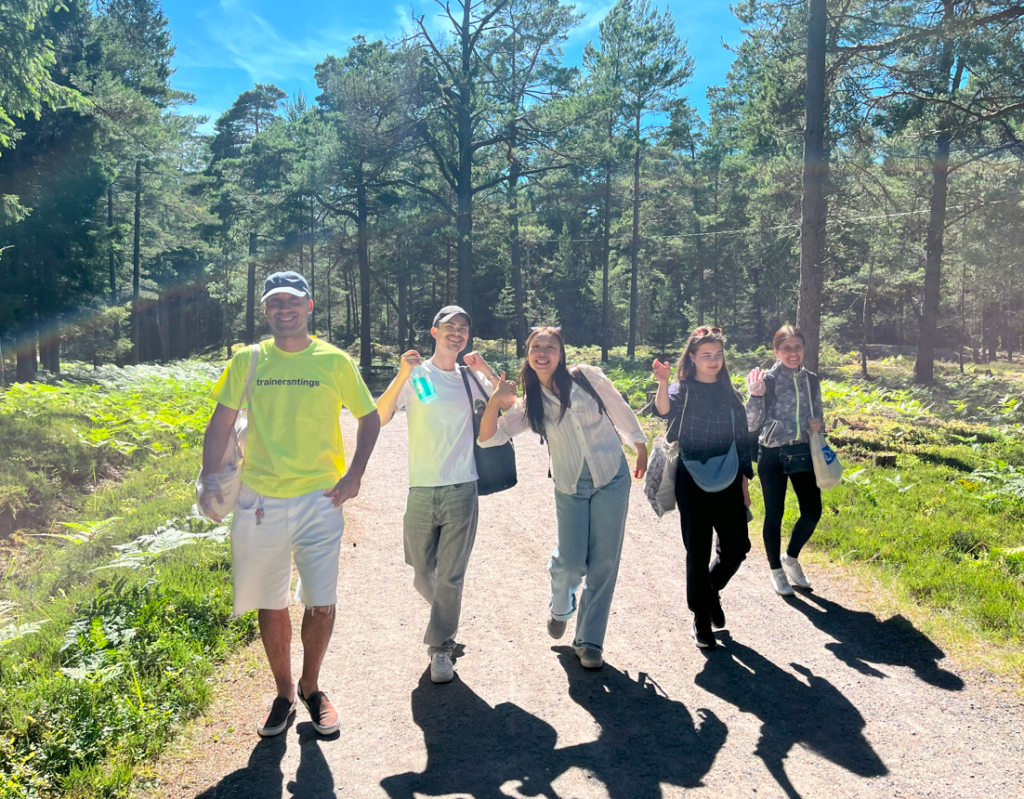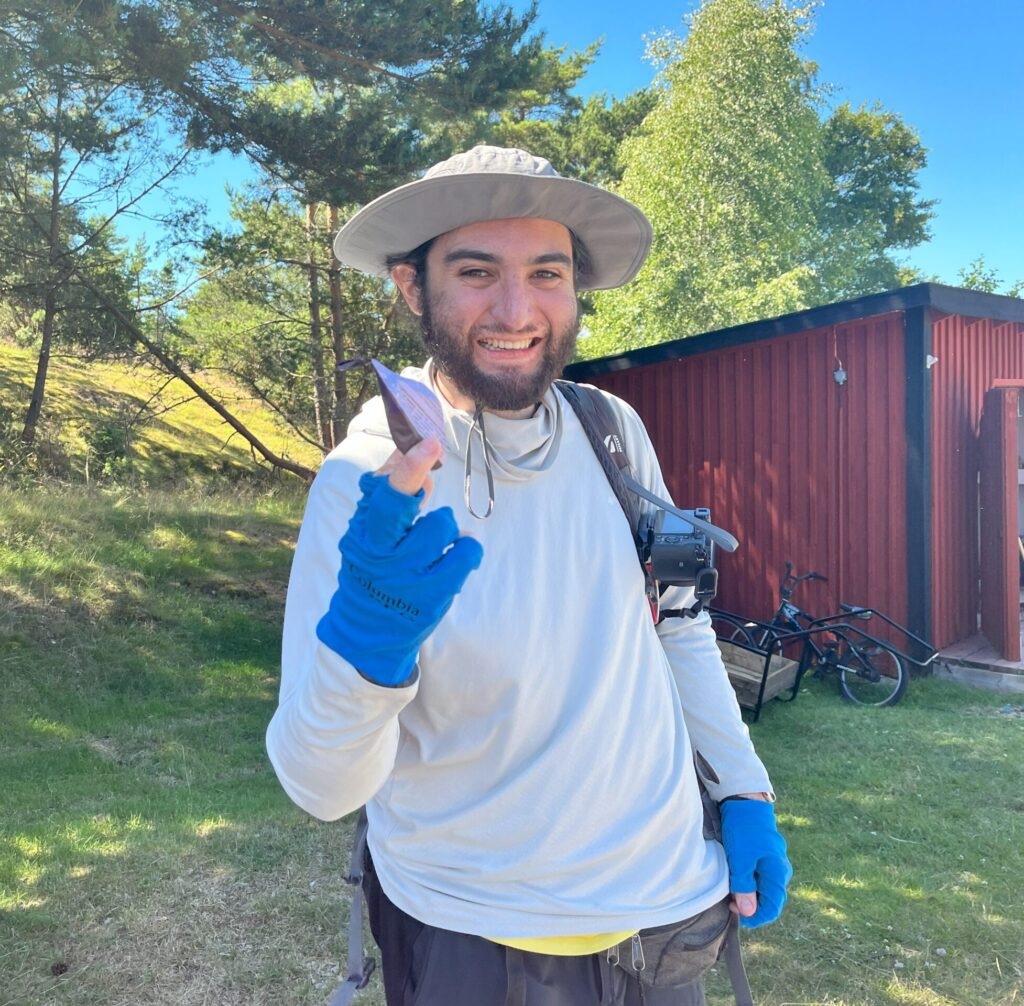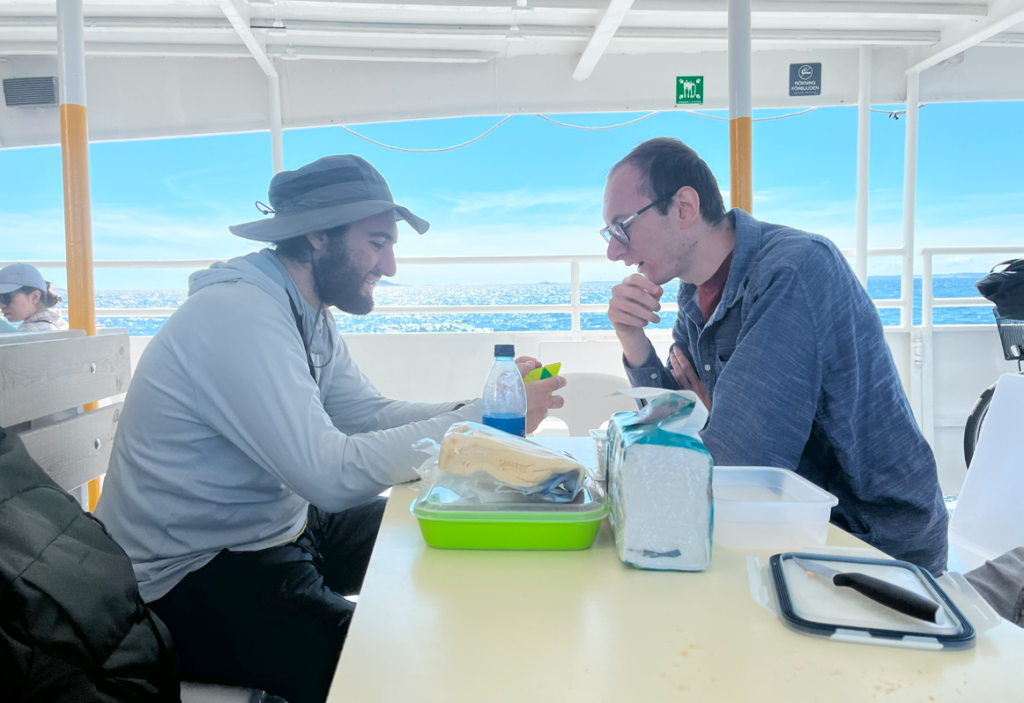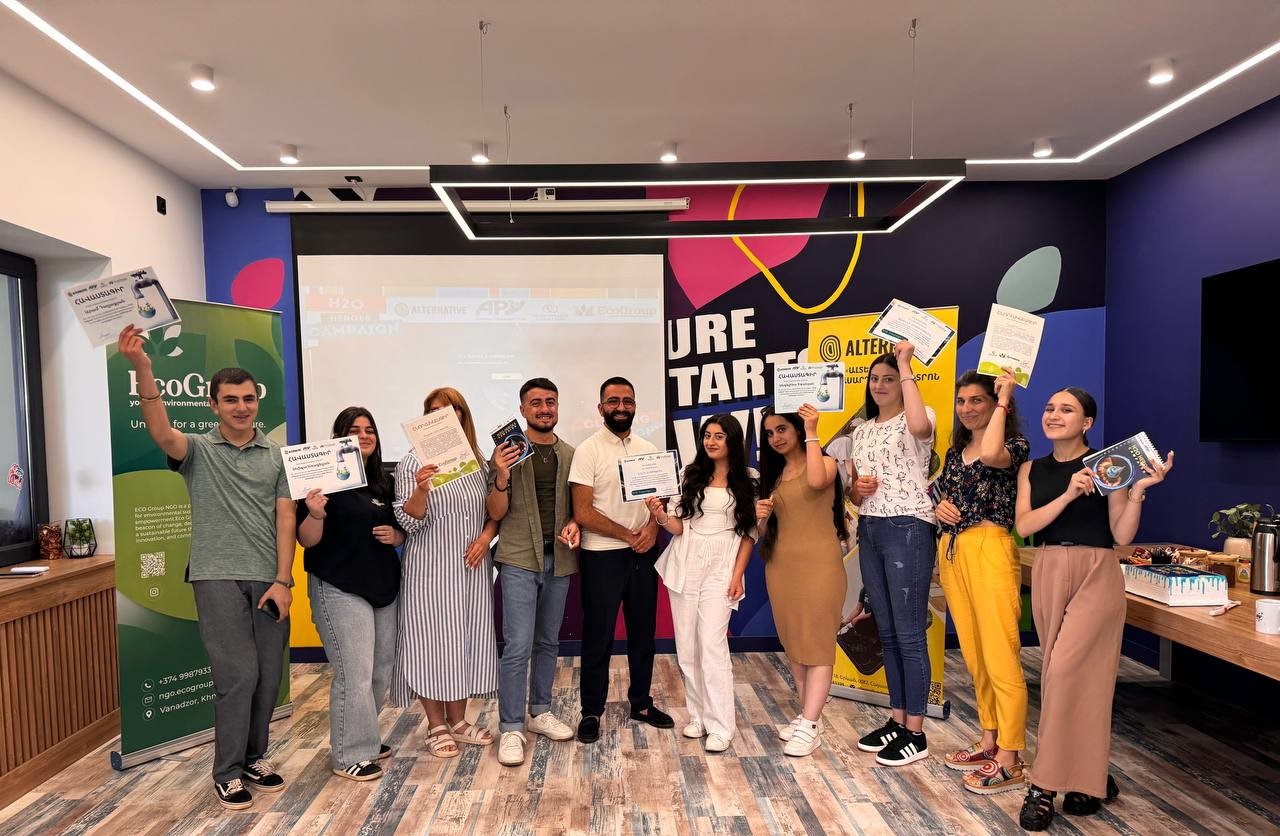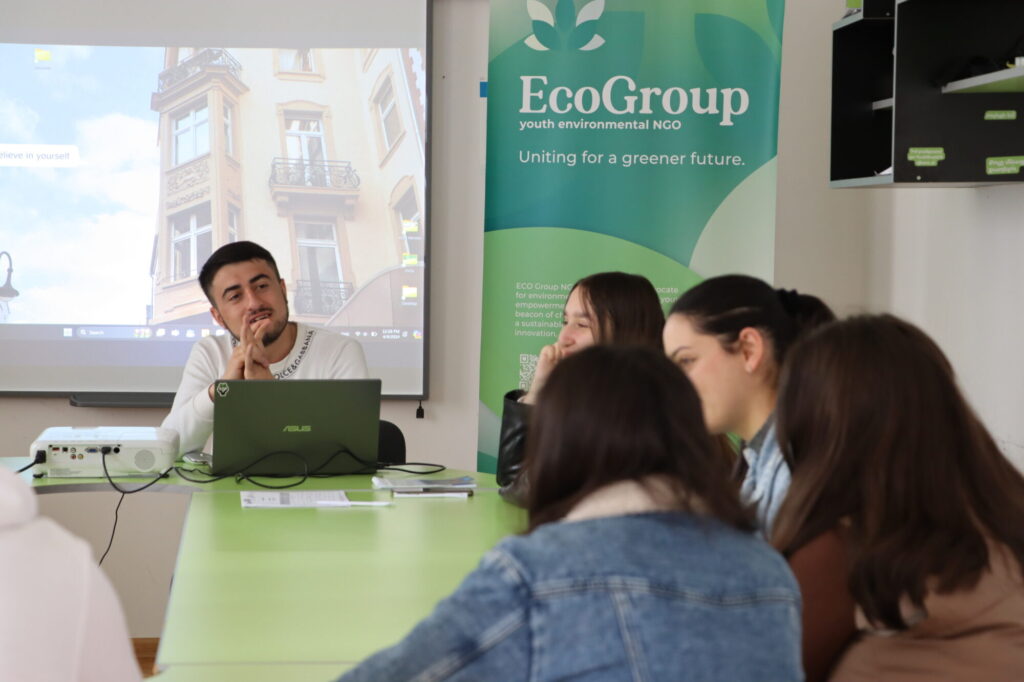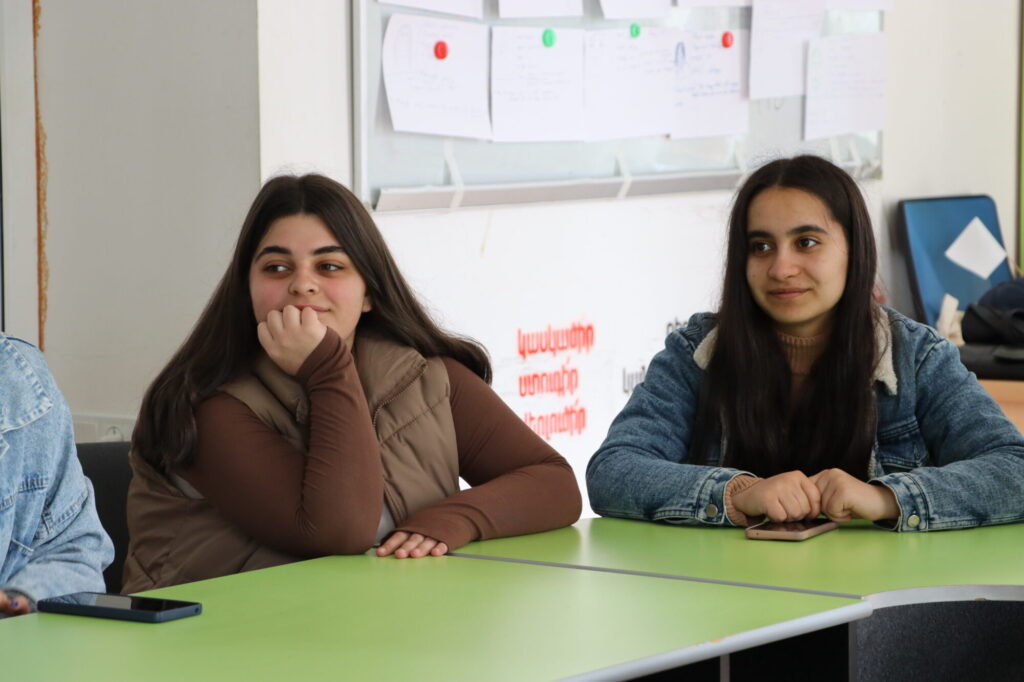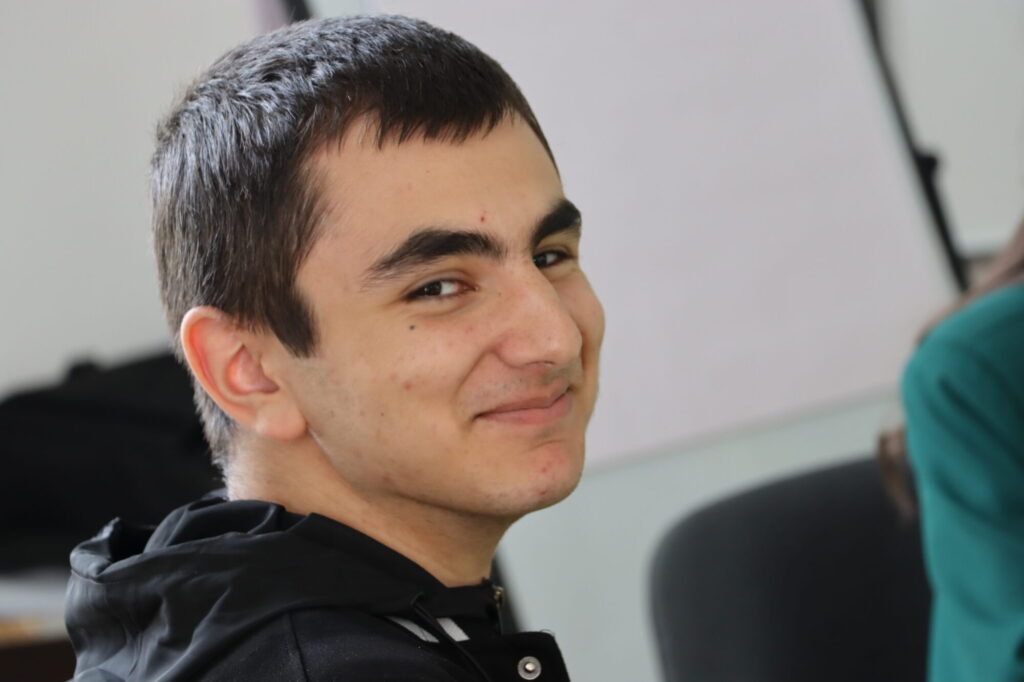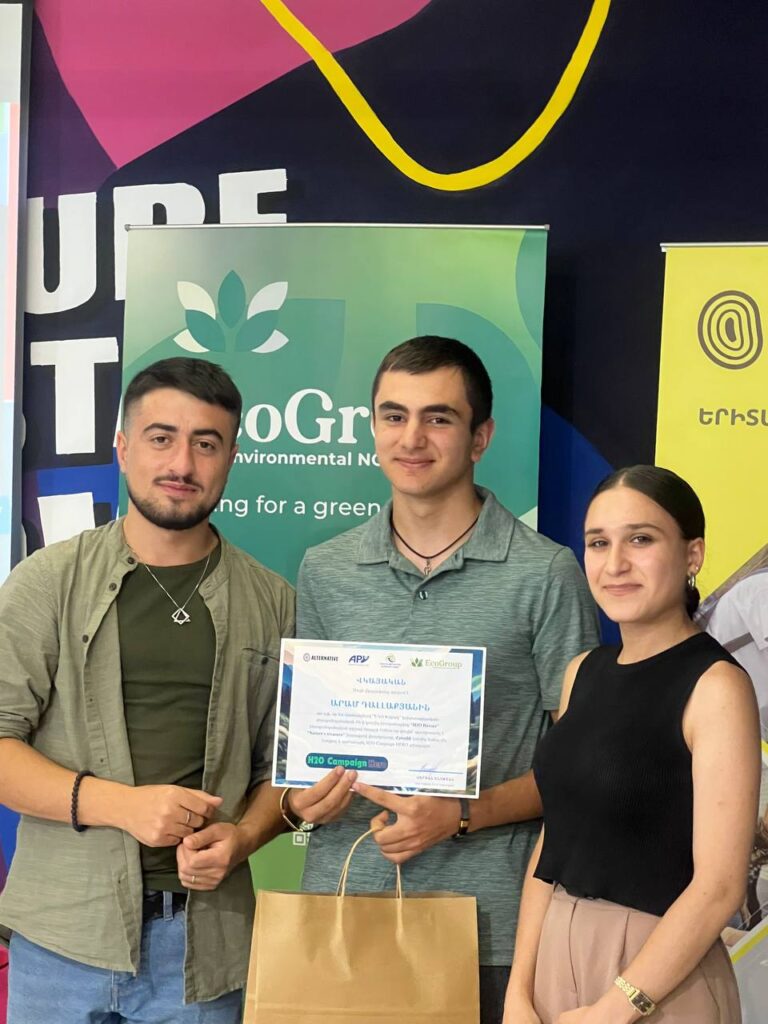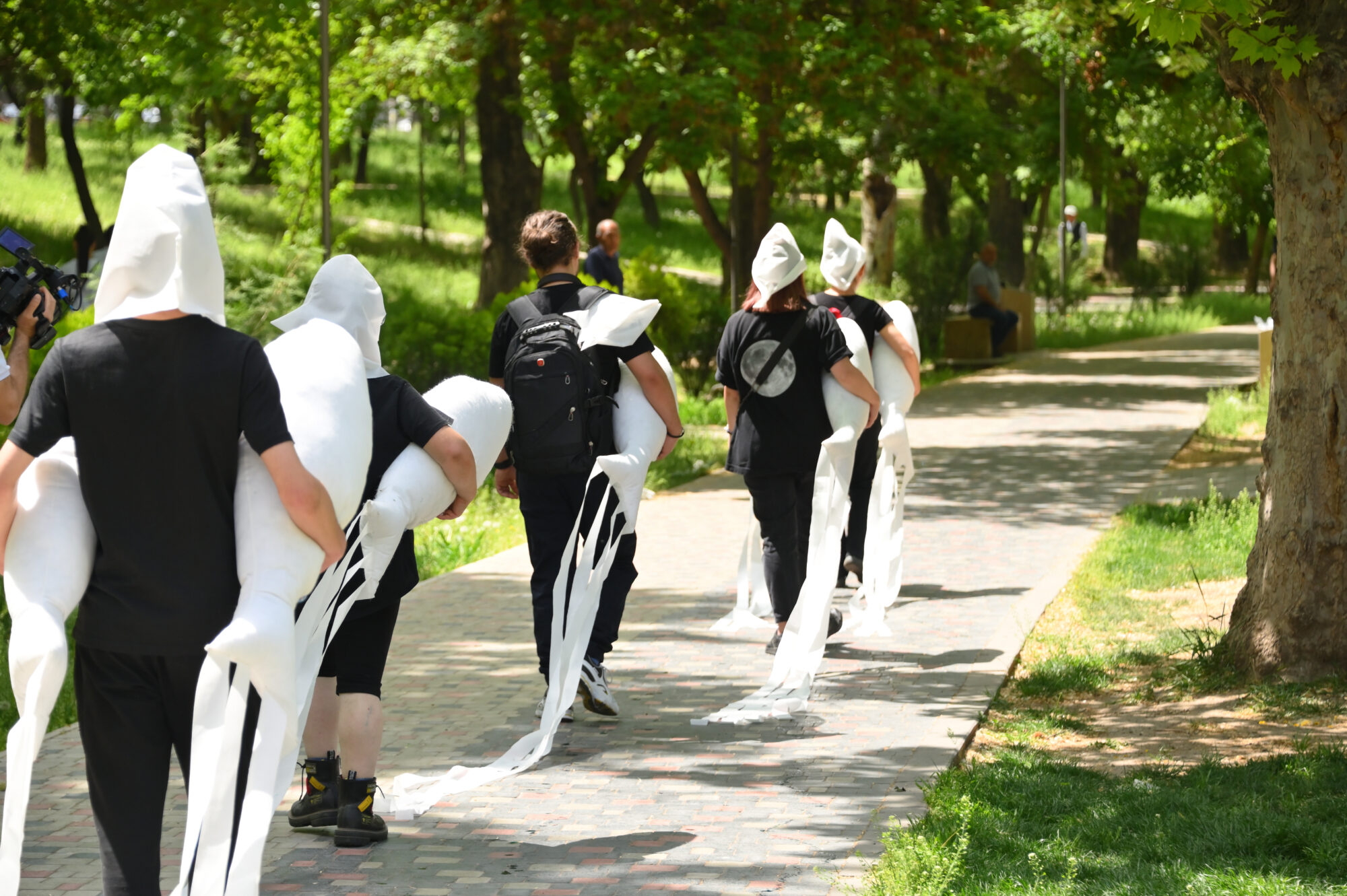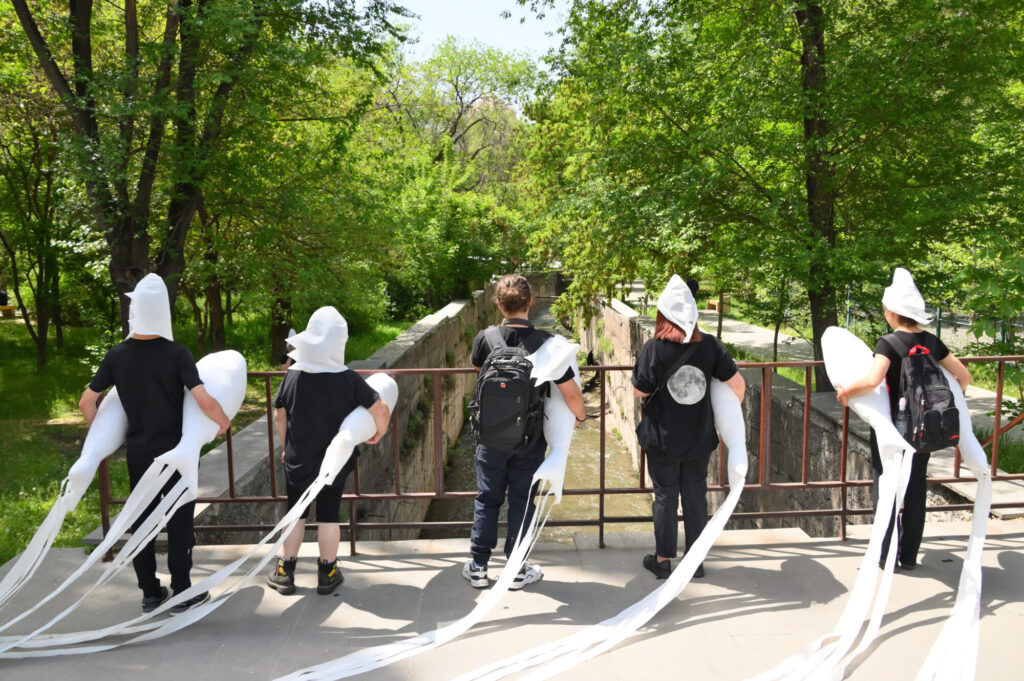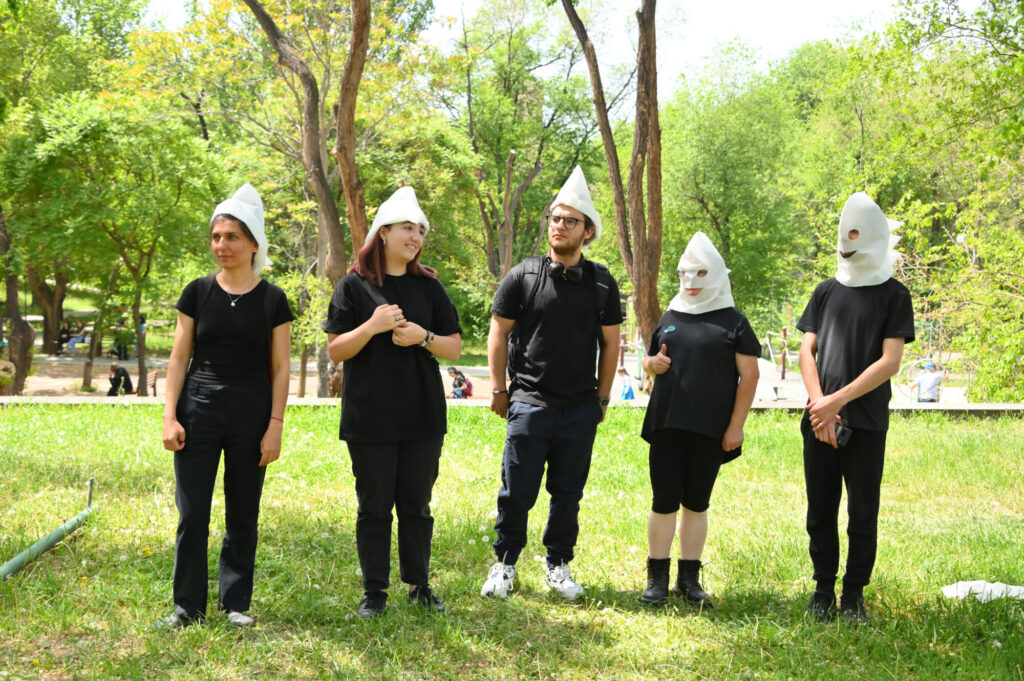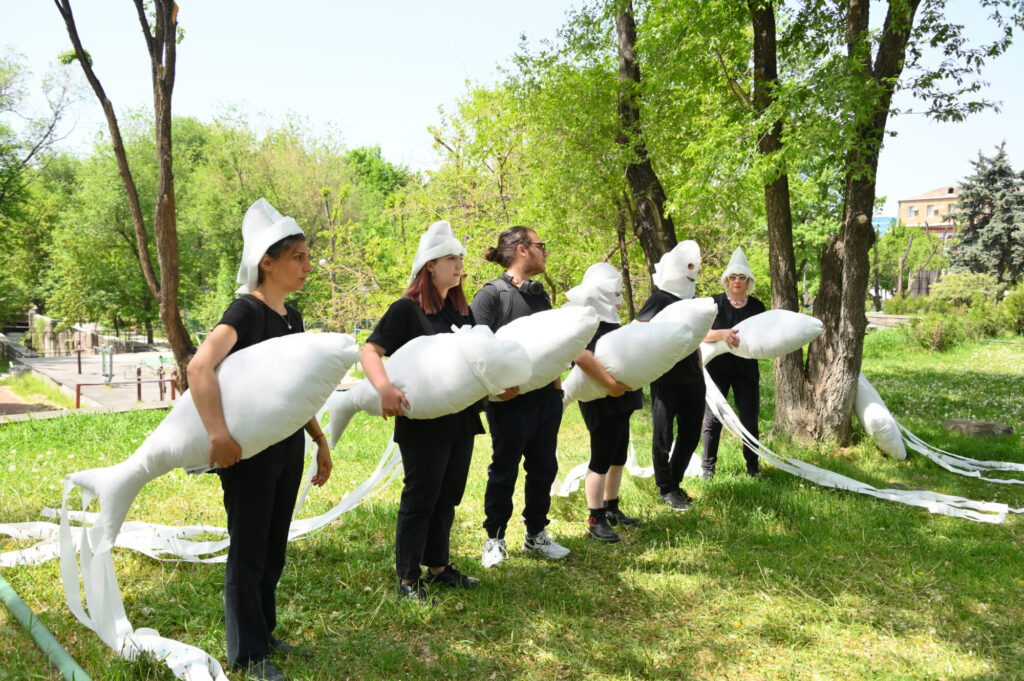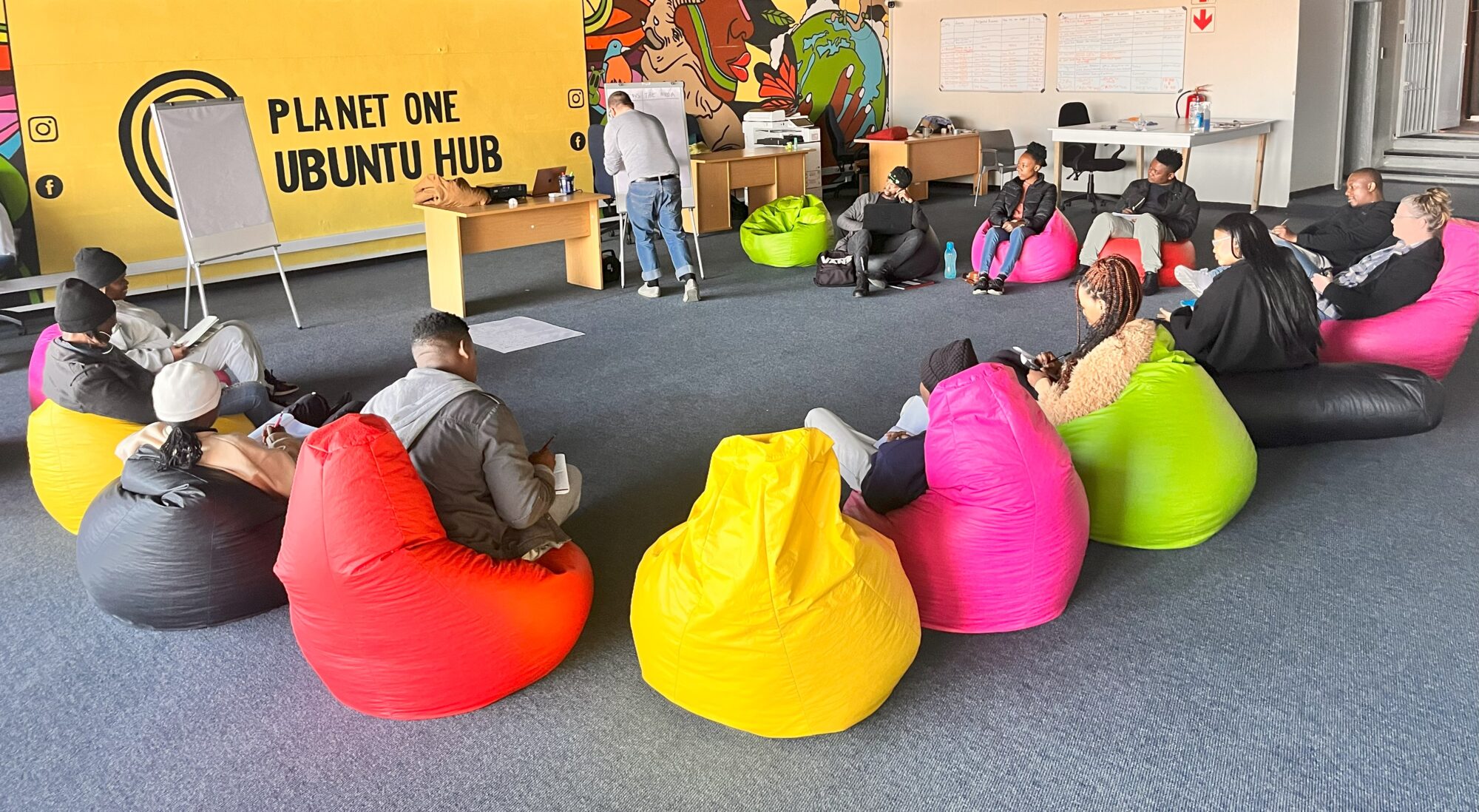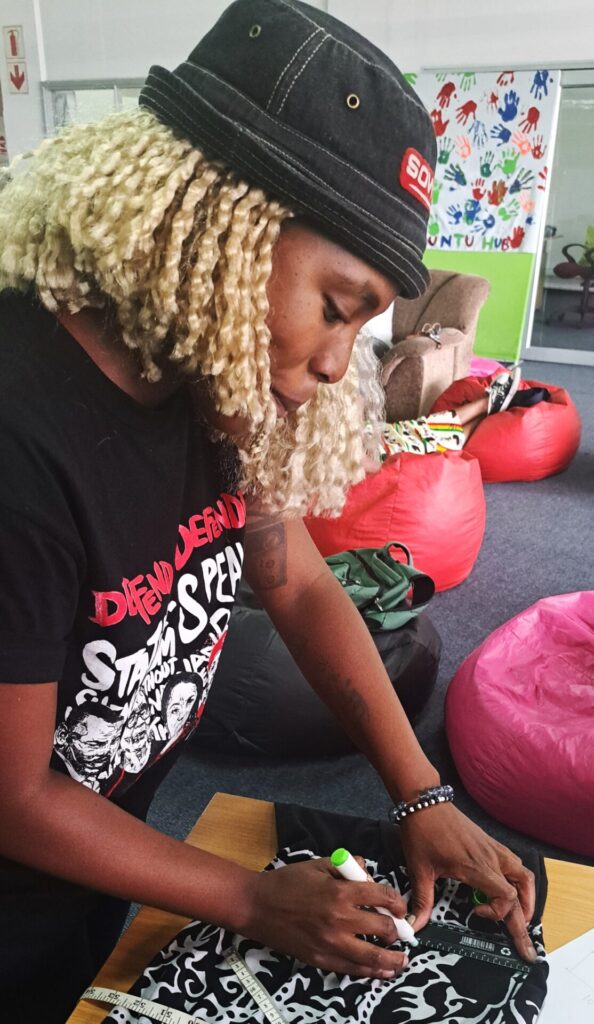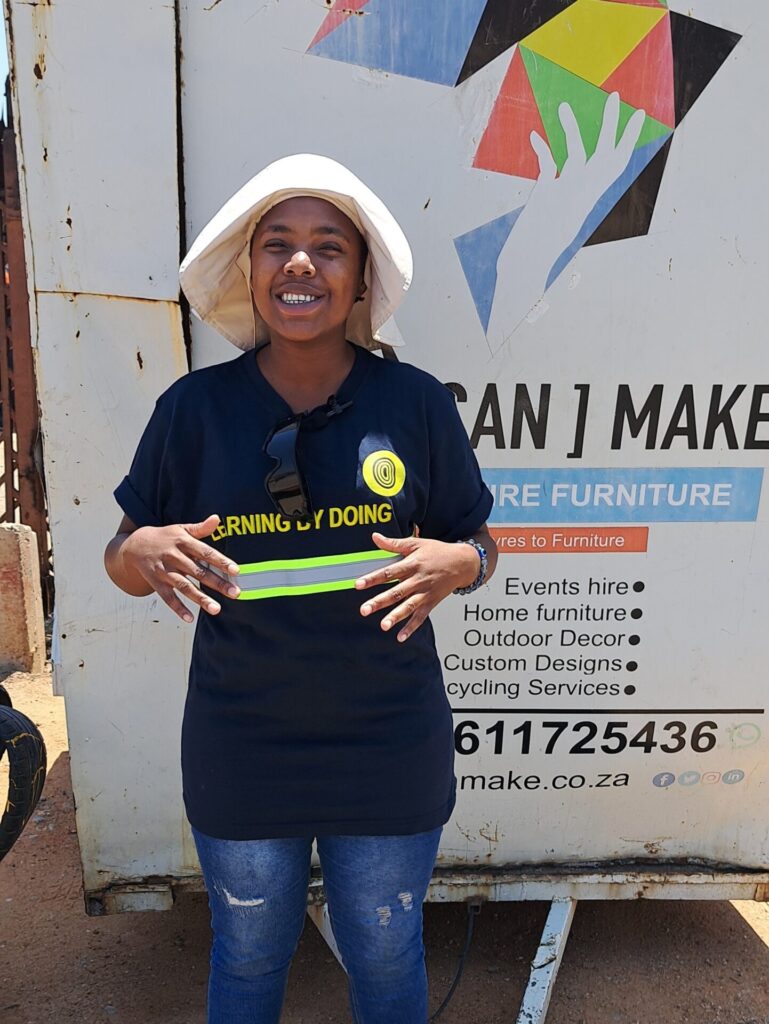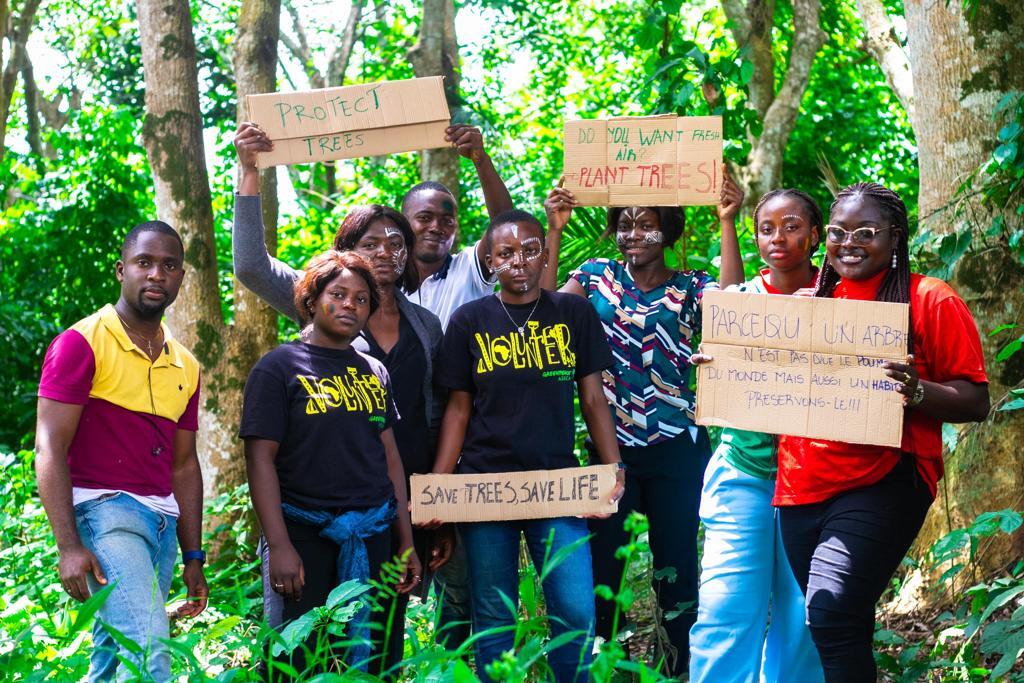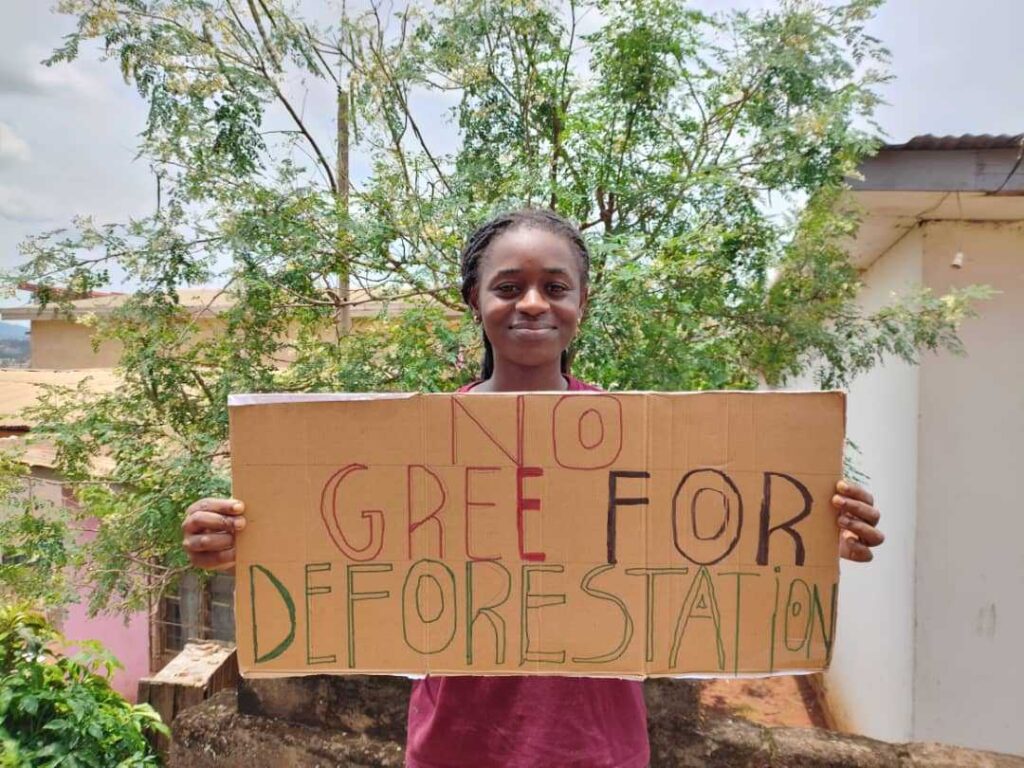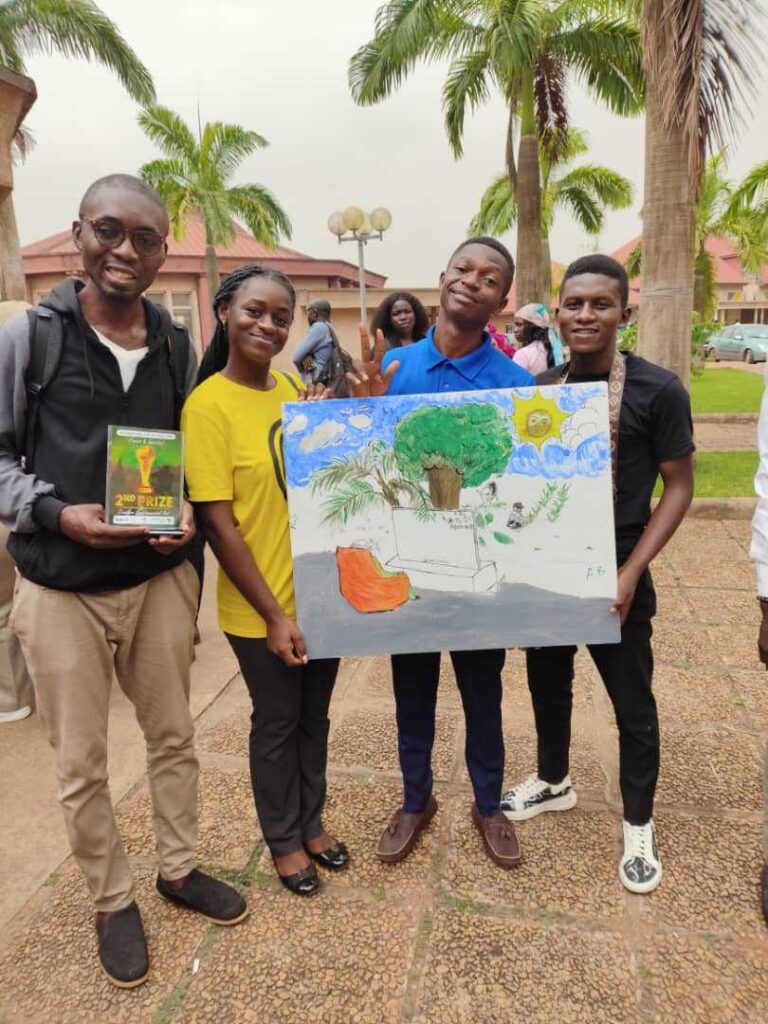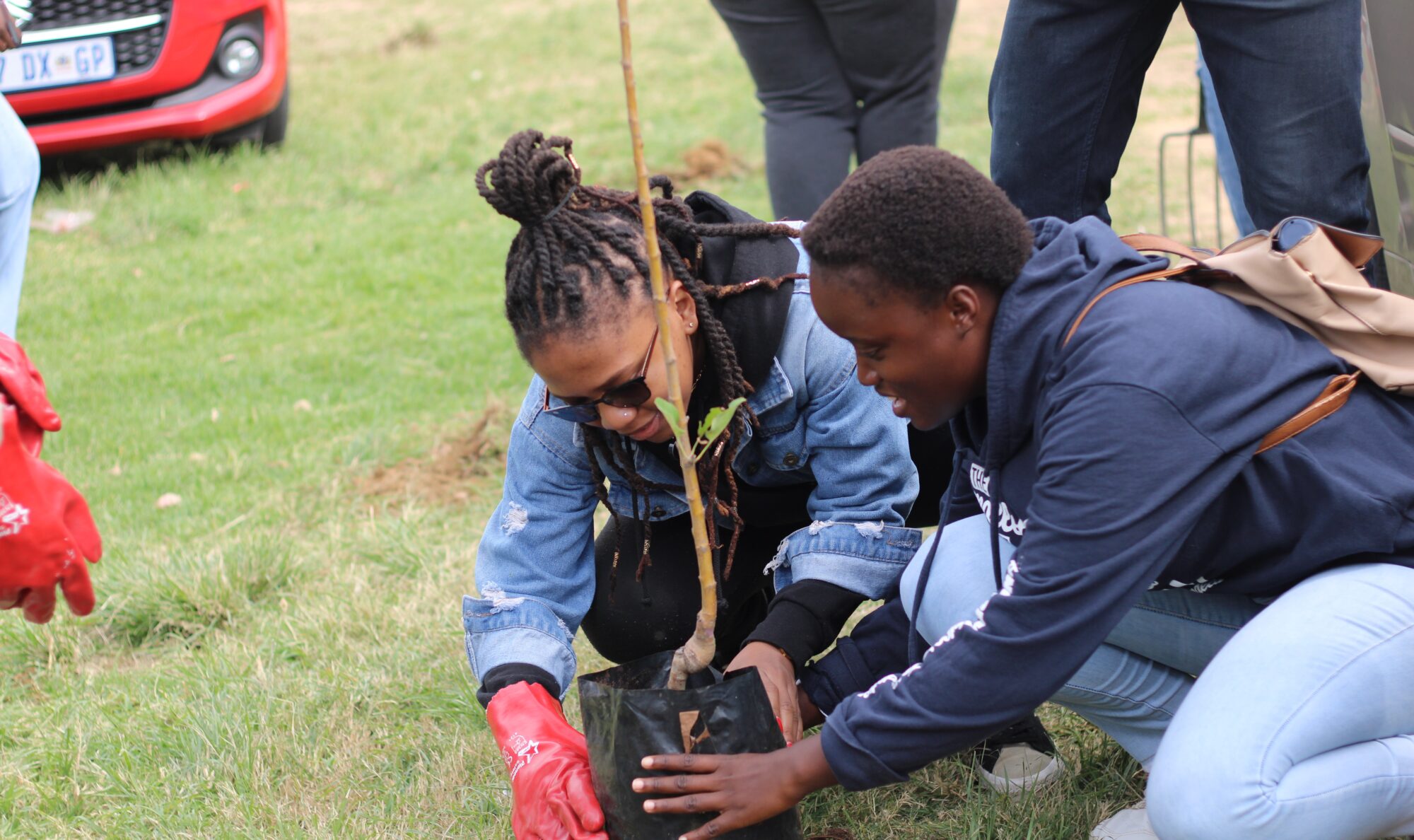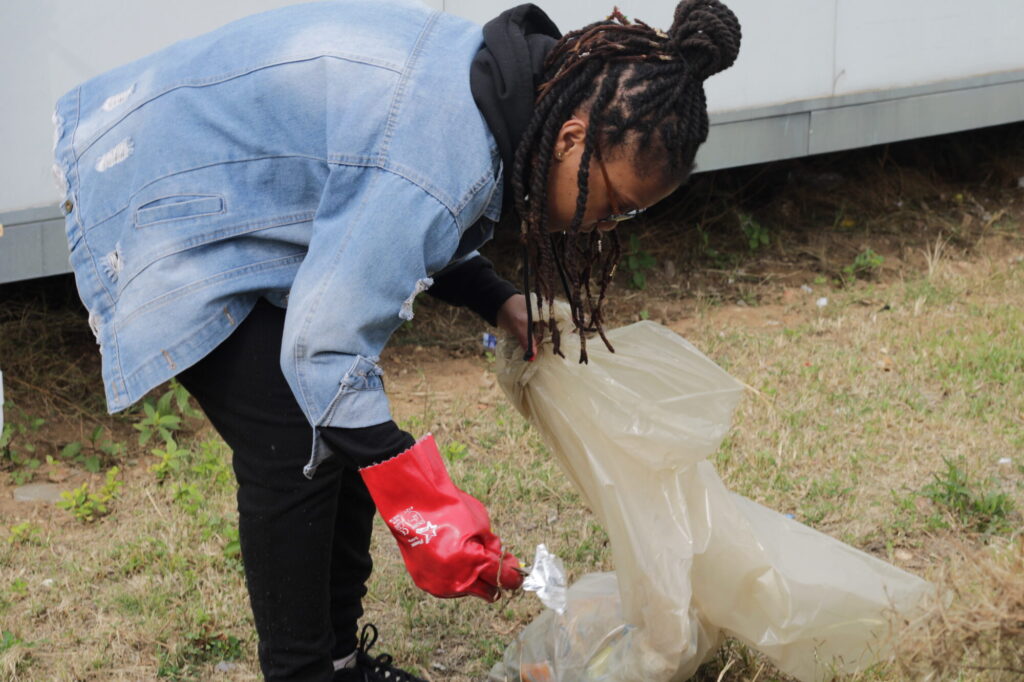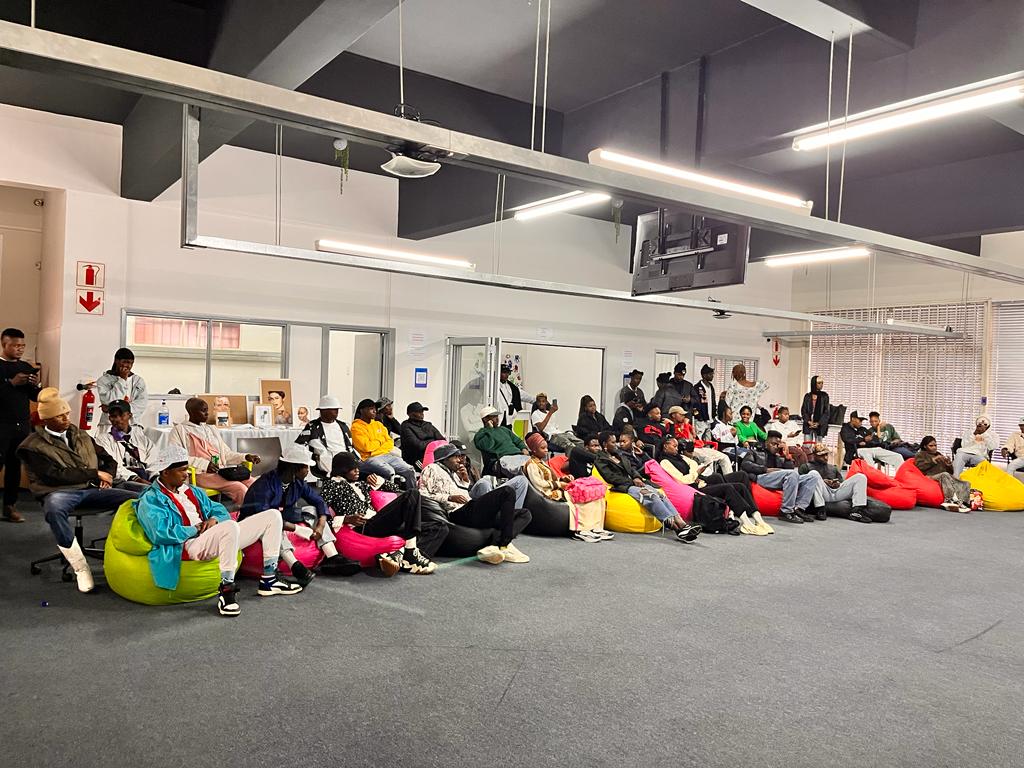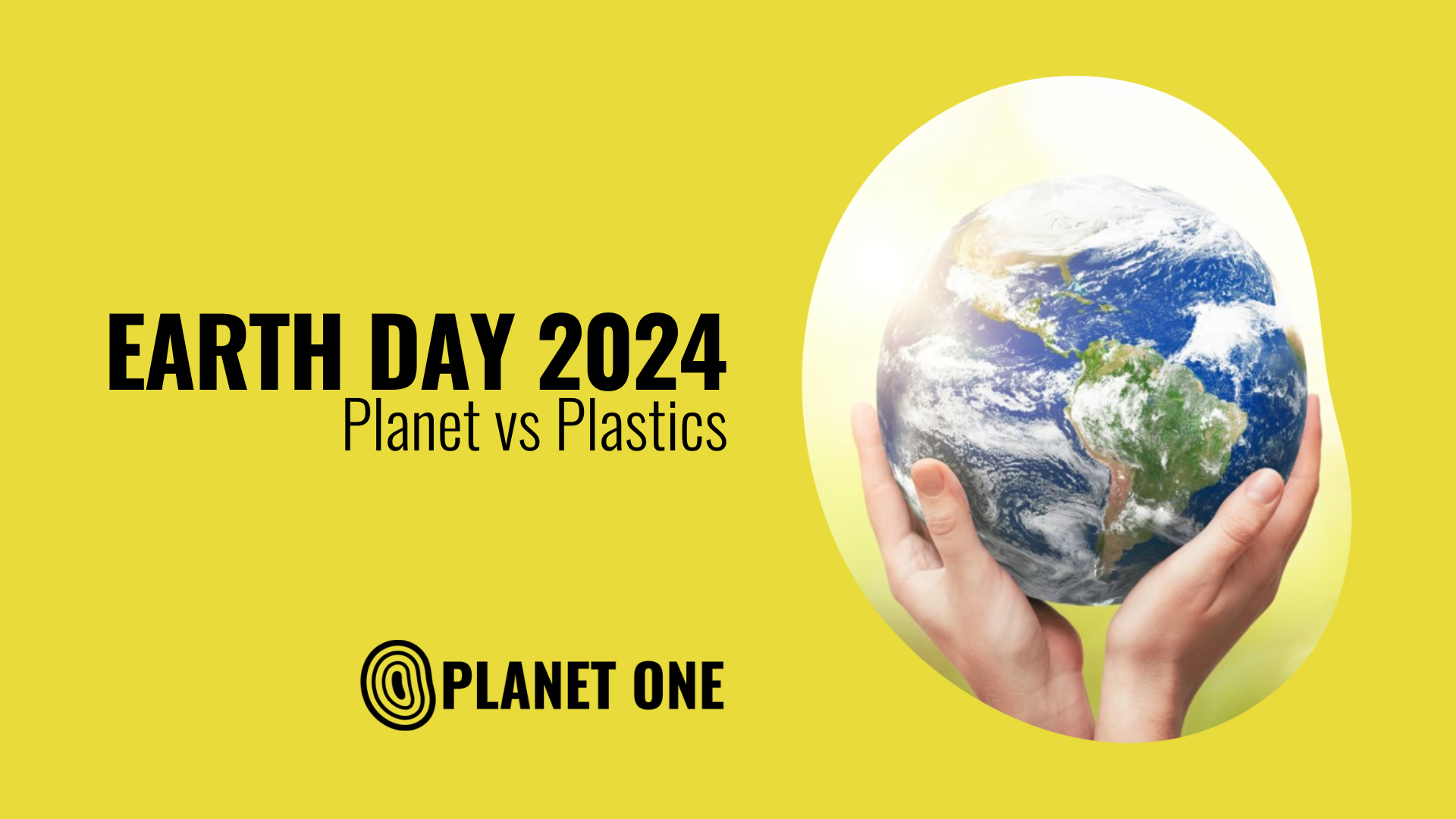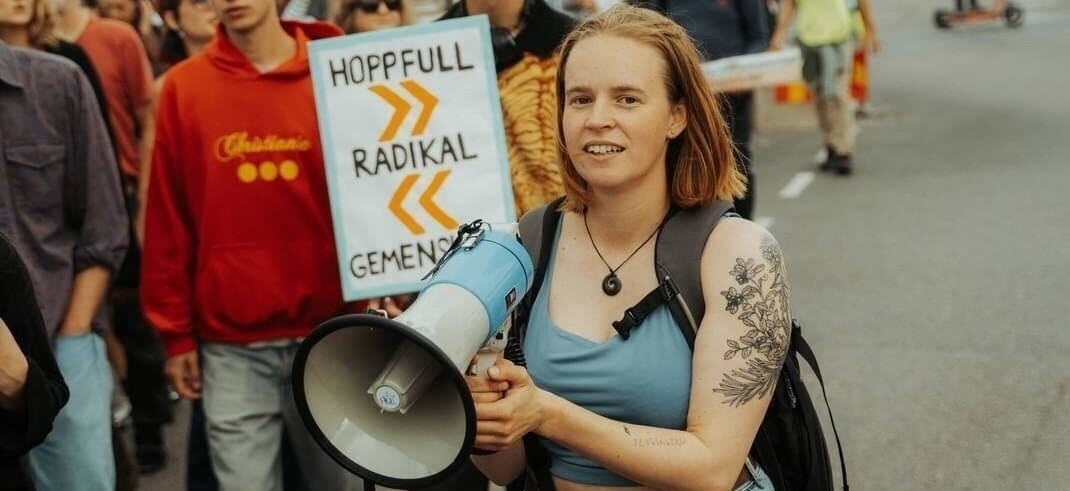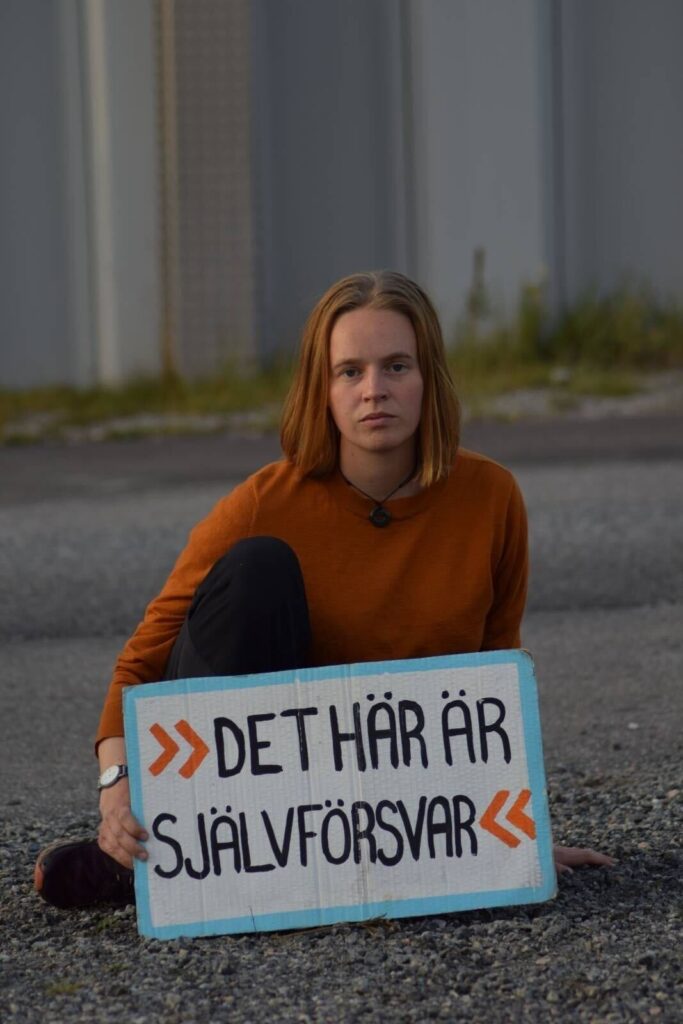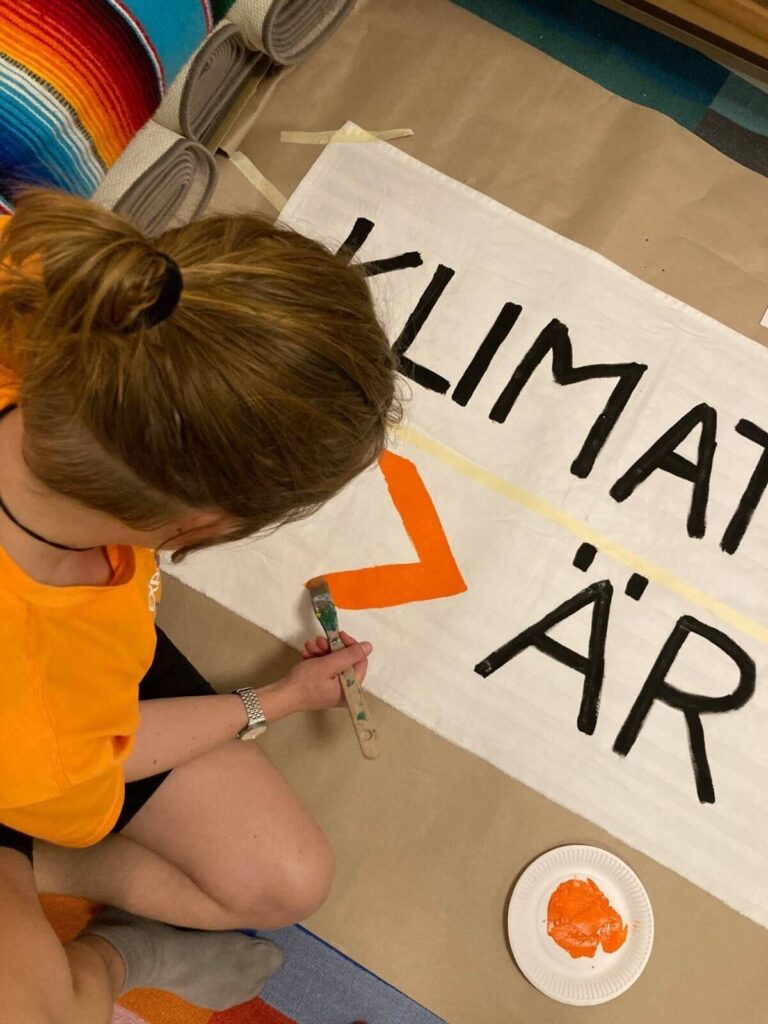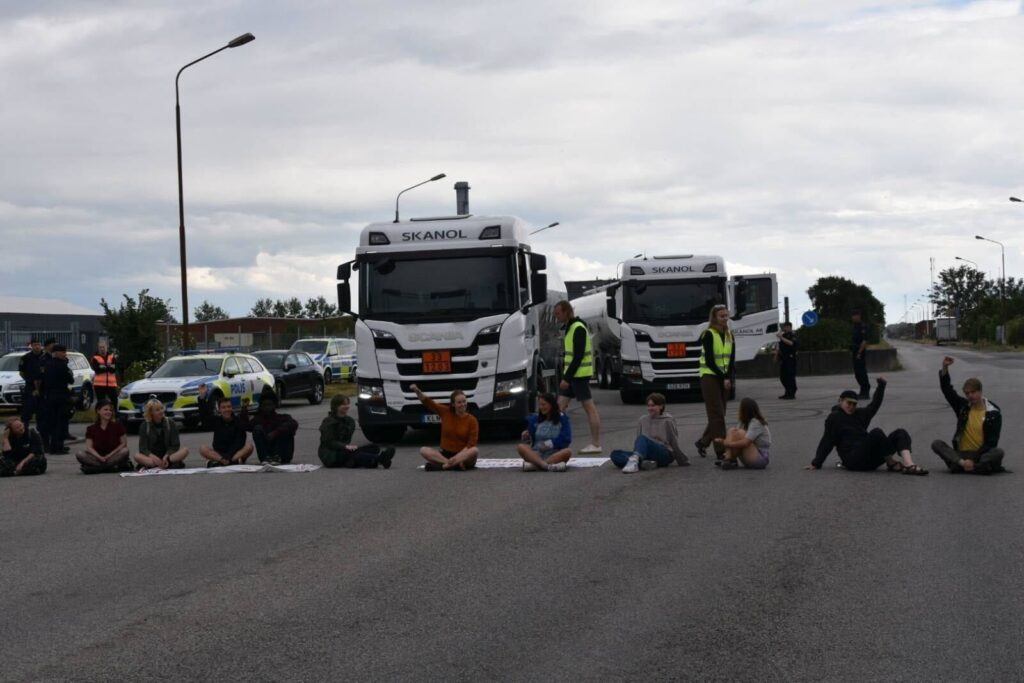Tasks, work, new projects. Exam preparation, submissions, work, more assignments, more exams, more new projects. Lectures, meditation time scheduled in the calendar, deleted, missed. Feeling of enthusiasm and anxiety that everything is good but at the same time nothing is, everything will get better and everything will go to waste. Eco-anxiety and university days. It would be nice to get out of this.
I rush with the tram with the usual feeling of being late again on my back, even though I promised last time that I would get there on time. Fifteen minutes passed before I was able to arrive mentally, before I put down my mental bags and stepped through the door. I’m always waiting to cross this door and to finally be able to look mockingly at the turned off screen of my phone, thinking that now it can send me endless pop-up notifications, but I won’t bother about it. I’m finally in a much better place.
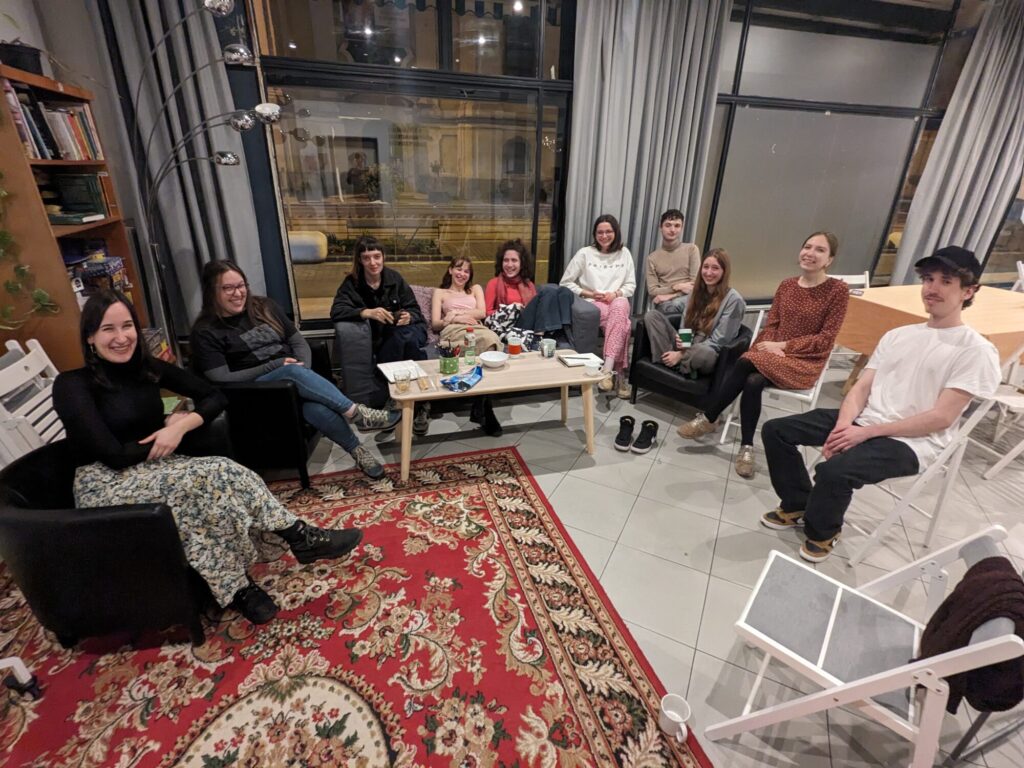
Island in the middle of the city
The three hours of each session of the Bolygó Club are as if you have landed on some island, which at the same time takes you far away from the world, and yet it is all about how the world works. Internal rebellion, conscious presence. It took me several sessions to learn how to arrive at the training well. On weekdays, it was a great treasure for me that I didn’t have screen time for three hours, and all it took was an agreement at the beginning of the training that we’ll put the phones down. There is no work and university, just understanding and joint thinking about exciting topics on our little island.
Of course, this did not just happen by itself, we owe a lot to Olgi and Panka, who created this safe environment. Bolygó Club has become a place where there are no wrong questions or wrong answers, no judgment and no anxiety about always wanting to fit it. We were able to leave all of these feelings outside the door, which I am really grateful for.
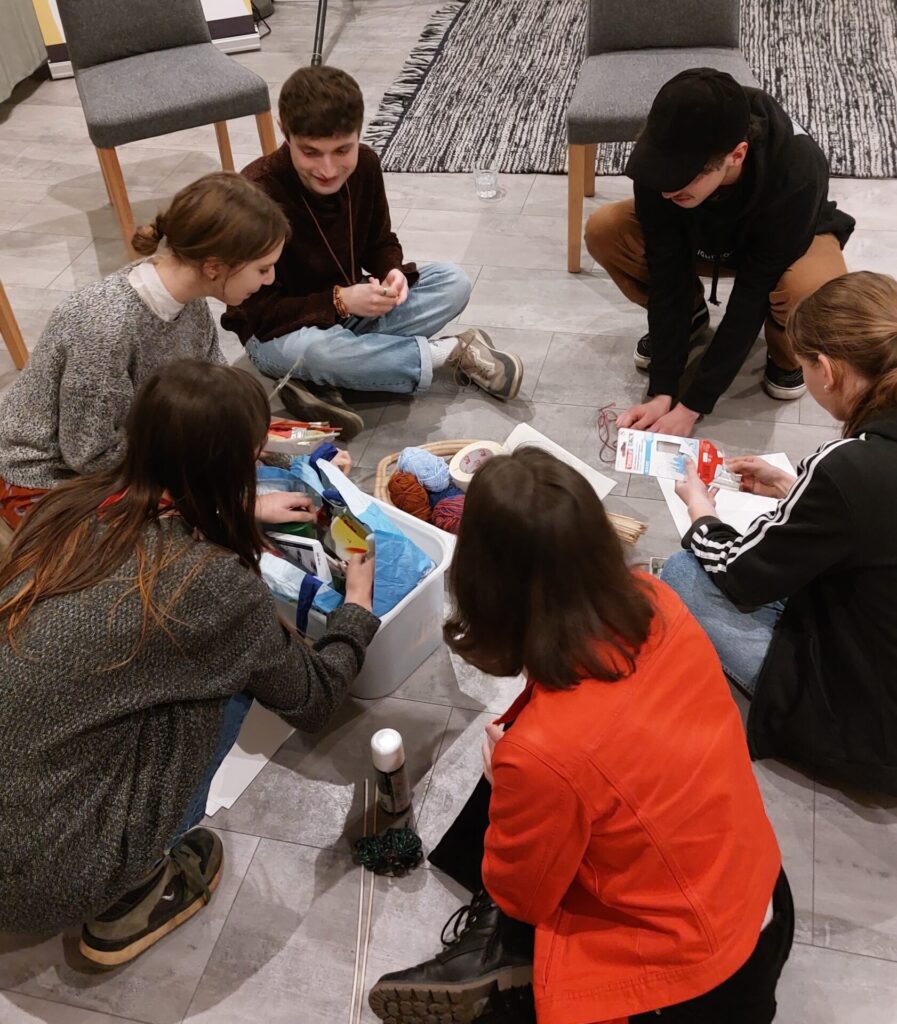
Although we didn’t even know each other at the first session, it was as if we had met a thousand years ago. Our common interest, the love of nature, connected us even before, without even knowing. In addition to the many things that we had in common with the participants, the differences were the most beautiful, as we were able to see the same thing from different perspectives, and this opened up new paths for us.
Diving deeper into the ocean of ecological sustainability
This safe environment also gave us the opportunity to develop deeper and deeper knowledge about our existing interests. Together, we came to question previously unquestionable “truths” and we gradually expanded our knowledge about ecological sustainability. Each time, we approached the topic from a different perspective, which were organically connected to each other during the six-month process.
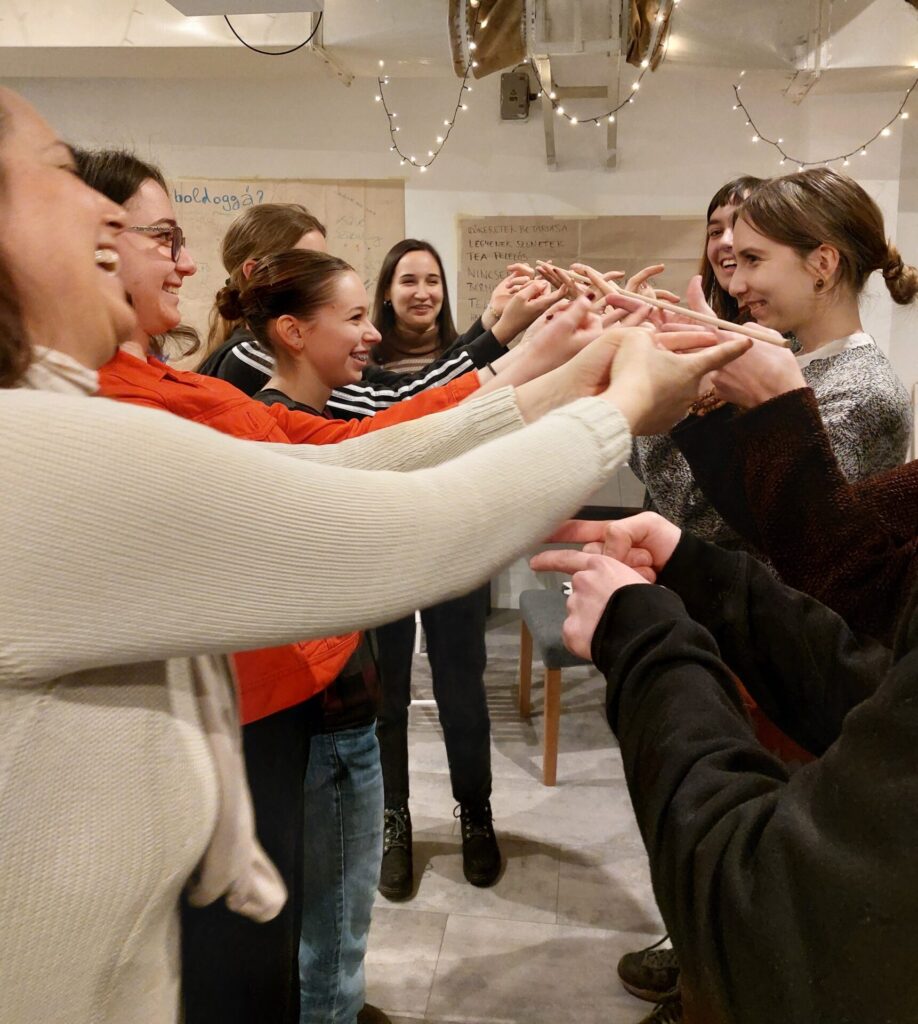
Although I had read a lot before, these occasions were able to give me something new. I knew that climate crisis and ecological crisis are not synonyms, but we really got to understand the difference between the two concepts from Katalin Rodics’ presentation and her moving experiences. I also came across the concept of permaculture, but it was only on the training that I, together with the others, dived deeper into the mysteries of the principles of permaculture under the guidance of Anna Werlein. Green economics is also organically connected to my professional path, yet the training helped me a lot in how I could argue in favor of it with my friends.
We got to know the concept of climate justice, which was taught to us directly from Kenya by the colleagues of Ubunifu Hub, and finally we got a glimpse into the world of local and international climate movements, so that we can plan our own action inspired by them.
In other words, in addition to learning a lot of new things, the training really helped in deepening our already existing knowledge, because by looking behind the good-sounding slogans, we could get to know each theory, approach or worldview on a deeper level. It was also useful that we did all of this together, as we were able to discuss topics that we might not have thought about individually. The theoretical knowledge transfer was always followed by a creative activity, which made the community learning more tangible and experiential.
Acting as individuals?
The comment that we are “only drops in the ocean” often comes up regarding the effectiveness of individual actions. And this can make even the most committed people unsure whether we are really on the right track. However, Bolygó Club also answered this through the community.
In addition to learning, we also helped each other a lot to get through any bumps and difficulties. Many, many new ideas, new approaches, and alternative thoughts could appear, which pushed us over the obstacles. On the way, we also experienced that we are by no means alone with our dilemmas and fears, and that there are many of us who, just like us, worry about the future of our planet and our future on the planet.
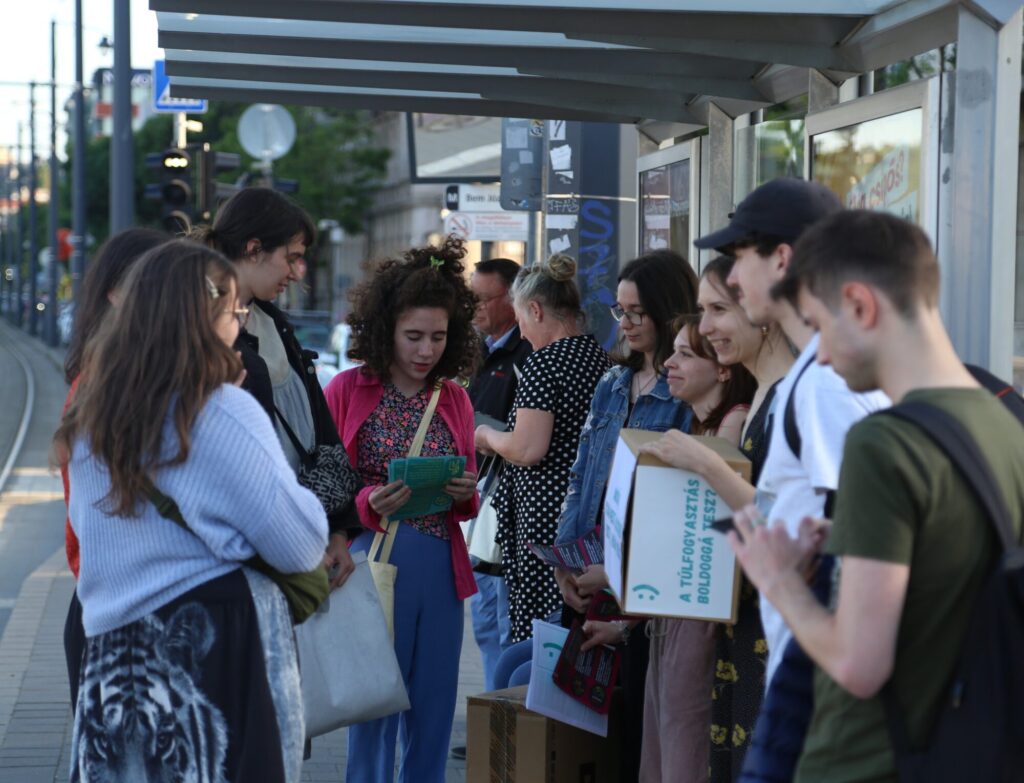
In a community like this, even individual actions did not seem so ineffective. We could immediately feel that our little actions will gradually affect others, and through our own community, the impact that we can achieve with our actions is amplified. This is why these supportive third places after home and work or school are becoming more and more important, because they help to overcome the hopelessness resulting from being alone and fighting alone.
It’s also good for me, not just for the Planet
And this is not only good for our planet, but also for us. Only a few occasions were enough to create an atmosphere of trust in our caring community, in which we could share our difficulties with each other. We were also able to talk about the burdens of hectic everyday life, climate anxiety and frustrating experiences. The occasions always began by highlighting the most special encounters of the previous weeks, which helped us to look with gratitude at the world around us.
In short, the Bolygó Club did not only do good for the Earth, but also for our own health. As I wrote in the introduction, it became an island where we could finally put down work, school and especially the phone, so we could really be present for three hours. These were really deep, community “immersions” in the given topics, which filled me with energy and life.
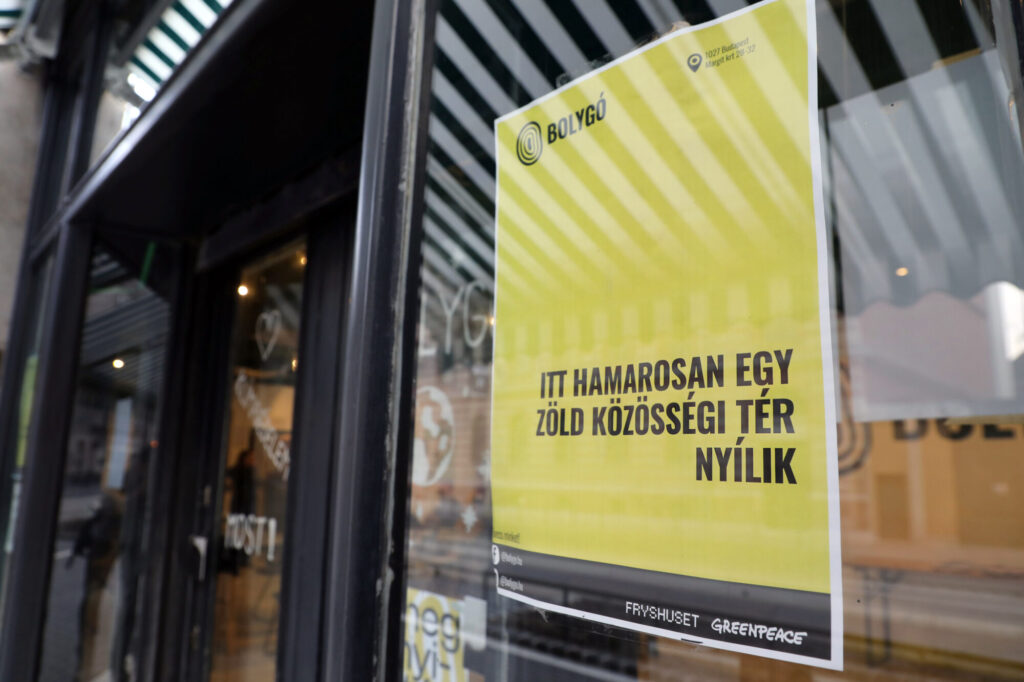
Hope
And these experiences are essential in order to be able to continue our journey towards a more harmonious human community. For me, the Bolygó Club meant hope, because I got to know many, many people who, like me, are concerned about the future of the Earth, humanity and human communities, and people who, in spite of this, or more because of this, act for change.
It gave me hope that we are not alone facing the problems, but also we’re not alone searching for solutions. It gave me hope that a more sustainable lifestyle does not actually mean a sacrifice, but it gives people a more wholesome life. It gave us hope that we do in fact shape our future and that ecological systems will be our allies if we look at them that way and don’t want to exploit them. We can only succeed together, and together we will succeed. Everything is one.
Through eight sessions, the participants of the first Bolygó Club training program were able to get a glimpse into the mysteries of the climate and ecological crisis, as well as green activism, in order to use the new knowledge to organize an awareness campaign.
Written by Kovács Máté
